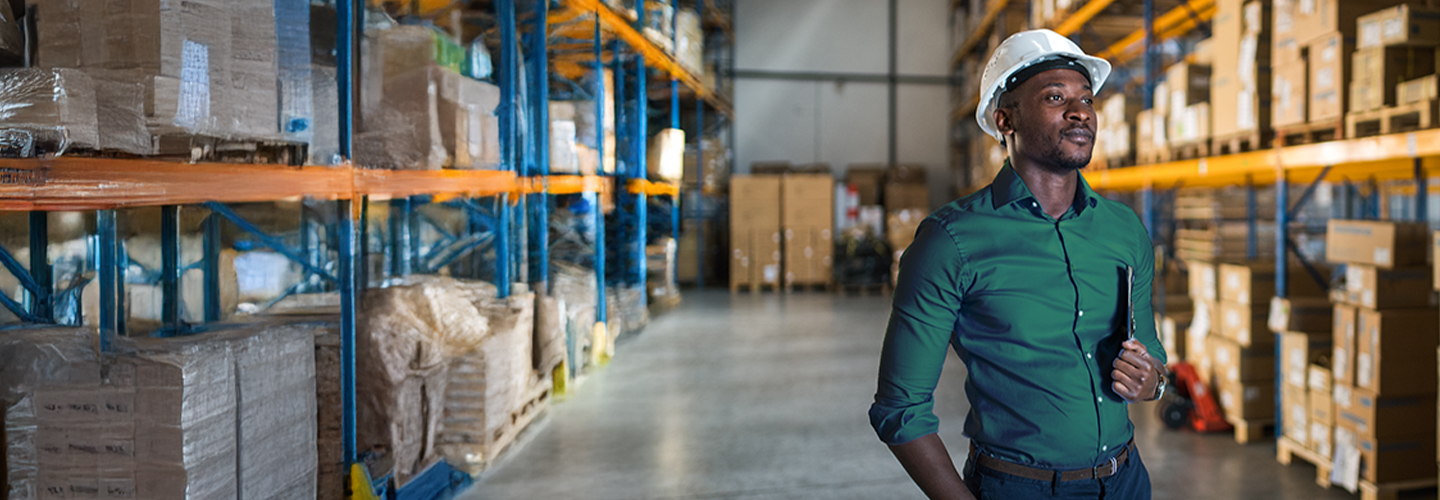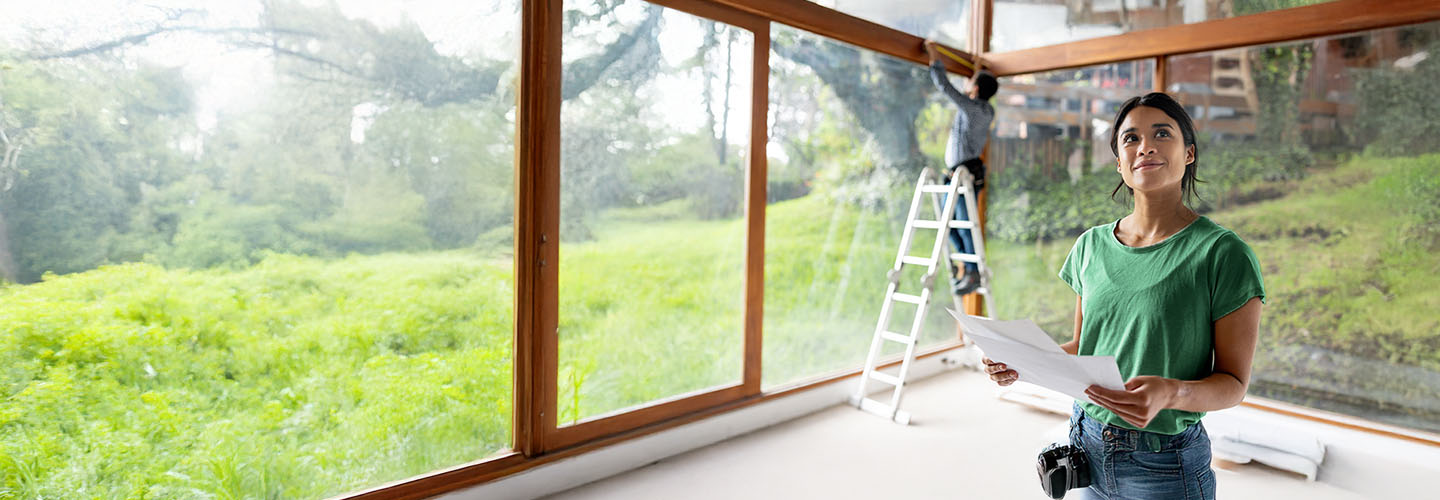If you’re a business owner, a big decision is whether to sign a long-term lease for business premises or to buy commercial or industrial property of your own.
Some businesses now have hybrid working models, with employees splitting their working hours between the office and home or remote sites. A few have adopted remote work exclusively, but many companies are sticking to an in-office policy.
What is the current commercial outlook on property ownership compared to leasing premises for your business, given the current state of the national economy?
Commercial property trends
The commercial property sector is divided into industrial, retail (read shopping malls), and office property. All 3 segments have made something of a recovery since 2022, but the industrial segment has been hard hit by the country’s macroeconomic woes, especially the logistical issues brought about by Transnet’s decline and interruptions in electricity supply. Despite this, substantial gains have been made in the industrial segment, with many small- and large-scale retailers needing industrial storage and distribution space for products bought via their e-commerce platforms.
Retail property has also recovered from 2022 levels, but it’s still struggling with mall vacancies caused by the general sluggish state of the economy. Smaller regional shopping centres are a better property proposition, with more loyal customers and lower rentals. The office market is taking longest to recover, given that hybrid and work-from-home models have become workable for many businesses.
All 3 segments were most affected by the higher costs and lower tenancy caused by extended periods of load-shedding. We were spared load-shedding from April 2024, but it returned in February 2025. Even when load-shedding is suspended, many parts of the country still experience long electricity outages caused by faulty infrastructure – including Gauteng, our biggest business hub. Increasingly, commercial property owners are also facing the challenge of unreliable water supply.
Implications for business owners
For all segments of the commercial property market, a reliable, affordable supply of electricity and water is the number 1 challenge. Industrial property faces major costs to run generators or install solar, and in the retail sector, the increased running costs of alternative power sources often get passed on to tenants. Businesses are looking at ways to ensure a more sustainable water supply too, to comply with legal green retrofitting requirements – this is another area of investment that will increase commercial property costs over the medium term.
Buy or rent?
Most business owners still see great value in having dedicated headquarters. Many employees benefit from having a physical workspace, which can help them maintain a good work-life balance. A dedicated space also helps with collaboration, production, and manufacturing processes that can’t be managed via online meetings. Buying or renting will have a major impact on the cash flow of your business, which you must factor into your financial planning.
The assumption that remote working would devastate the commercial property market has proven premature
Owning the property is useful from the point of view of renovations or changes you might need, and recognisable premises are important for retail businesses’ branding and marketing. You can also sub-let your property to earn extra income if needed, and you have a fixed asset in the business when you wish to sell it and retire. However, owning the property does leave you vulnerable to changing property values and rising interest rates.
Renting your business premises, on the other hand, can be used as a tax deduction, but you are subject to the rules laid down by the property owner, and rentals are a hard cost for your business that eats into revenue.
Commercial property checklist
Business owners need to weigh up whether to buy or rent. Apart from location, which is critical if you’re in the retail business, here’s a checklist of factors to consider:
- Connectivity
Plug-and-play infrastructure for high-speed internet access is crucial, especially for hybrid work models. Businesses that allow employees to work remotely rely heavily on cloud-based services and video conferencing.
- Energy
The cost of grid electricity – and the reliability of grid infrastructure – is top of mind for all South African business owners. Your property choice can help, if it gives you access to renewable energy and smart systems. Your goal is to keep operations running at reasonable cost and with a lower carbon footprint.
- Security
In a high-crime environment like South Africa, secure buildings are non-negotiable. Your security strategy should include surveillance, access control, and backup systems.
Investing in commercial property
The assumption that remote working would devastate the commercial property market has proven premature. Hot desks and hybrid working models have emerged as efficient alternatives. The question for business owners remains whether to invest in premises or not.
Owning commercial property is a long-term commitment for businesses, and the possibility for rental income is there for entrepreneurs. This presents a better projected cash flow and income, provided you can find tenants, and the premises suit your own business needs too. In these circumstances, commercial property assets can also be useful as leverage for financing.
Nedbank Commercial Banking offers market-leading guidance and solutions for commercial property finance for your business – whether you want to buy or rent.








